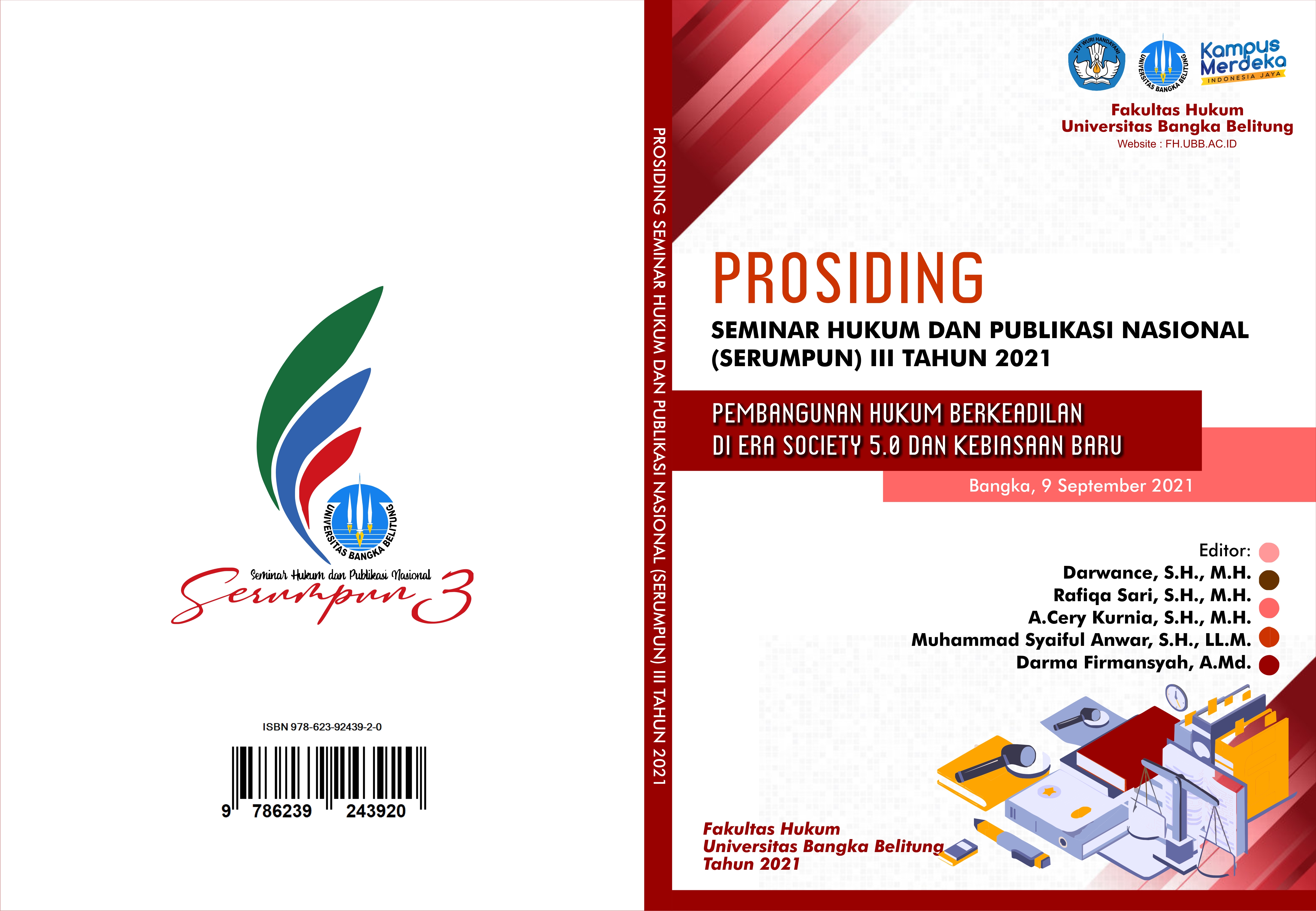IMPLEMENTASI RESTORATIVE JUSTICE DALAM PEMERIKSAAN PERKARA TINDAK PIDANA RINGAN (STUDI KASUS DI PENGADILAN NEGERI JAMBI)
Abstrak
Settlement of criminal acts through formal legal channels does not always have a positive influence on law enforcement, in many cases it is not uncommon for people to want the process to be completed outside the existing judicial system, this is because there is still
an assumption that if it continues through the judicial proces it is deemed unbalanced and does not reflect a sense of justice for the community, including the settlement of minor crimes. In response to this, it is deemed necessary to resolve criminal cases with a
different approach by providing a balanced position between the perpetrators, victims and other parties involved either directly or indirectly as a result of a criminal act, namely the restorative justice approach. During the examination in court, the application of
restorative justice has been regulated in the decision letter of the director general of the general judiciary, in which the aspect that needs to be applied in the examination of minor crimes is the existence of peace efforts between the litigants. For this reason, researchers are interested and want to see how the implementation of restorative justice in the examination of minor criminal cases (case studies in the Jambi district court). This research is an empirical juridic research. The results of the research at the Jambi District Court found that judges have a central role in achieving peace between the parties based on the Decree of the Director General of General Courts Number 1691/DJU/SK/PS.00/12/2020 in achieving restorative justice. factors of victims, perpetrators, law enforcement officers and the community, so that in the future it is
necessary to optimize the role of judges in resolving minor crimes.



